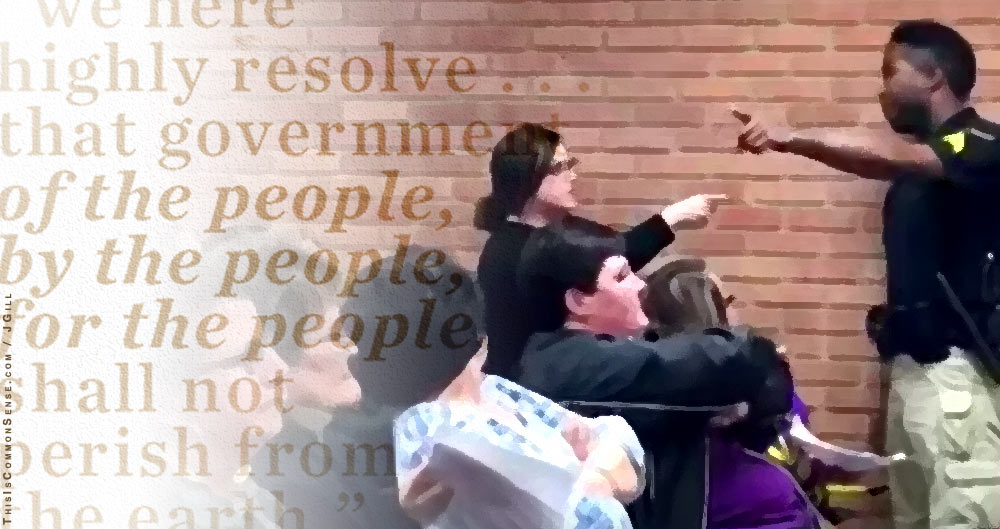I’m convinced.
Oklahoma State Senator Mike Schulz, leader of his chamber, has persuaded me that he just can’t do his job. He should have resigned years ago. Too late now, alas; he’s about to be termed out of office.
Well, better late than never, I always say.
Schulz burbles that he’s being ejected by Oklahoma’s lax 12-year legislative term limits just as he is on the verge of being almost about to begin to make a solid start toward concluding the commencement of embarking upon truly hitting his stride . . . and I believe him. He also accuses his colleagues of equal lethargy vis-à-vis learning their jobs.
Can such calumny be correct?
Lest I be accused of invidious paraphrase, which I would never, let me quote Schulz’s words in defense of even weaker term limits as transcribed by The Oklahoman: “At the four-year mark, you start feeling comfortable with what you’re doing. At the eight-year mark, you know a little bit more but you still don’t know it all. At the 12-year mark, you certainly know more but you still don’t know everything you need to know.”
Indeed, Schulz recently failed to steer to passage legislation that would have hiked taxes on Oklahomans, thereby demonstrating terrible deficiency in his grasp of tax-hike leadership.
Gentle Reader, listen to this man. At your next job interview, let your prospective employer know that you feel fully confident in your ability to do a darn good job . . . within 16 years.
This is Common Sense. I’m Paul Jacob.











